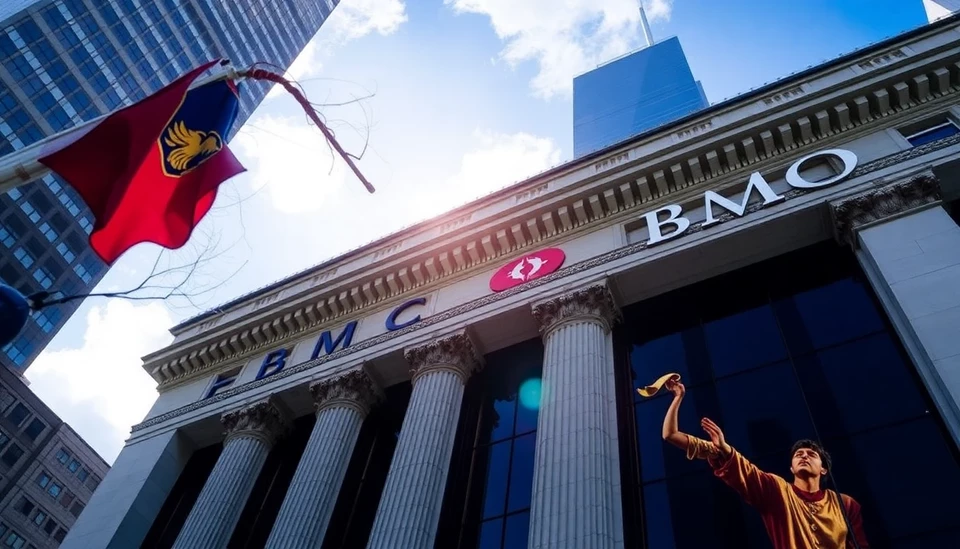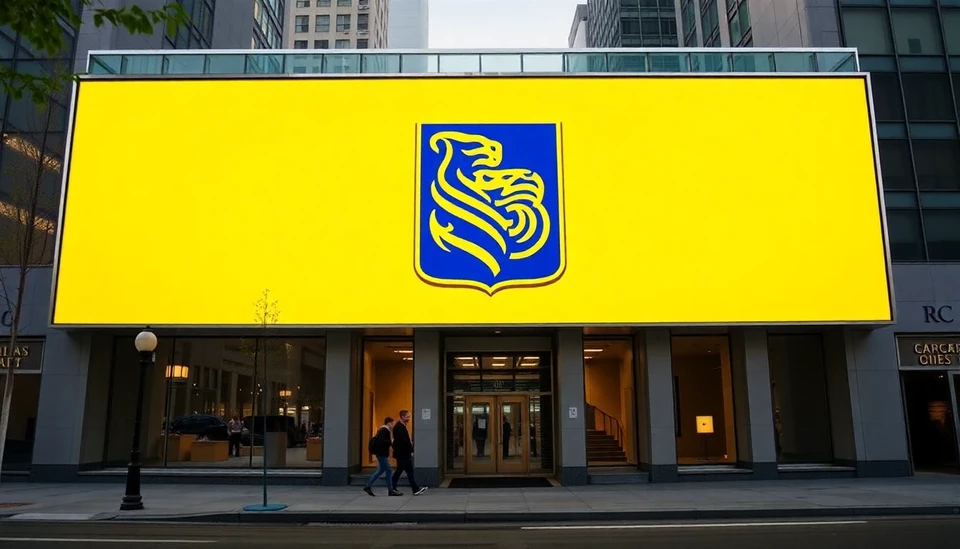
Recent reports suggest that major Canadian banks, Royal Bank of Canada (RBC) and Bank of Montreal (BMO), might be contemplating a withdrawal from the exclusive group of financial institutions known as the "climate club." This movement comes amid growing concerns regarding the sustainability and practicality of the stringent climate commitments that have been set forth by these financial powerhouses in alignment with global climate initiatives.
The climate club, formed in response to increasing pressure from governments, environmentalists, and the broader public, aims to drive serious investment into climate-friendly projects while simultaneously holding its members accountable to strict environmental standards. However, as economic pressures mount and changing political landscapes surface, these banks may prioritize short-term fiscal health over long-term environmental commitments.
RBC and BMO have previously made substantial promises regarding their roles in fostering a greener economy, committing billions of dollars toward sustainable financing and renewable energy projects. Nevertheless, the latest signals indicate an unsettling shift in their approach. Industry experts are raising alarms, suggesting that if these giants decide to distance themselves from the climate club, it could have far-reaching implications—both in terms of investment in green initiatives and in tarnishing Canada’s reputation as a leader in climate action.
A critical point of concern is the recent political transitions that have expanded the existing tensions over climate policies. As the financial sector navigates through market volatility and regulatory changes, the pressure to generate immediate returns for shareholders could encourage a re-evaluation of climate commitments. This dilemma further raises questions about the authenticity and longevity of these institutions' pledges to combat climate change, which many see as becoming increasingly vulnerable to the whims of profitability.
Market analysts are watching closely as the pathway becomes murky for these banks. The potential exit from the climate club could compel other financial entities to reassess their commitments, creating a cascading effect that undermines environmental progress. The full implications of such a move would not only resonate within Canada but across the globe, as the collective efforts in combating climate change rely heavily on the investments and accountability of key financial players.
As discussions continue within the banks and among stakeholders, the outcome remains uncertain. The decision to adhere or detach from the climate club has the potential to define the future of Canadian banking in relation to sustainability and could influence international perceptions of Canada's dedication to combating climate change.
Overall, the forthcoming months will be critical as RBC and BMO evaluate their positions concerning climate finance. The world will be looking to see if they choose to stay in the climate club or follow the increasingly popular trend of distancing from stringent climate commitments. The consequences of this decision could shape not only the Canadian banking landscape but also the broader fight against climate change.
#RBC #BMO #ClimateClub #Sustainability #Finance #ClimateChange #CanadianBanks #GreenInvestment #EnvironmentalPolicies
Author: Victoria Adams




